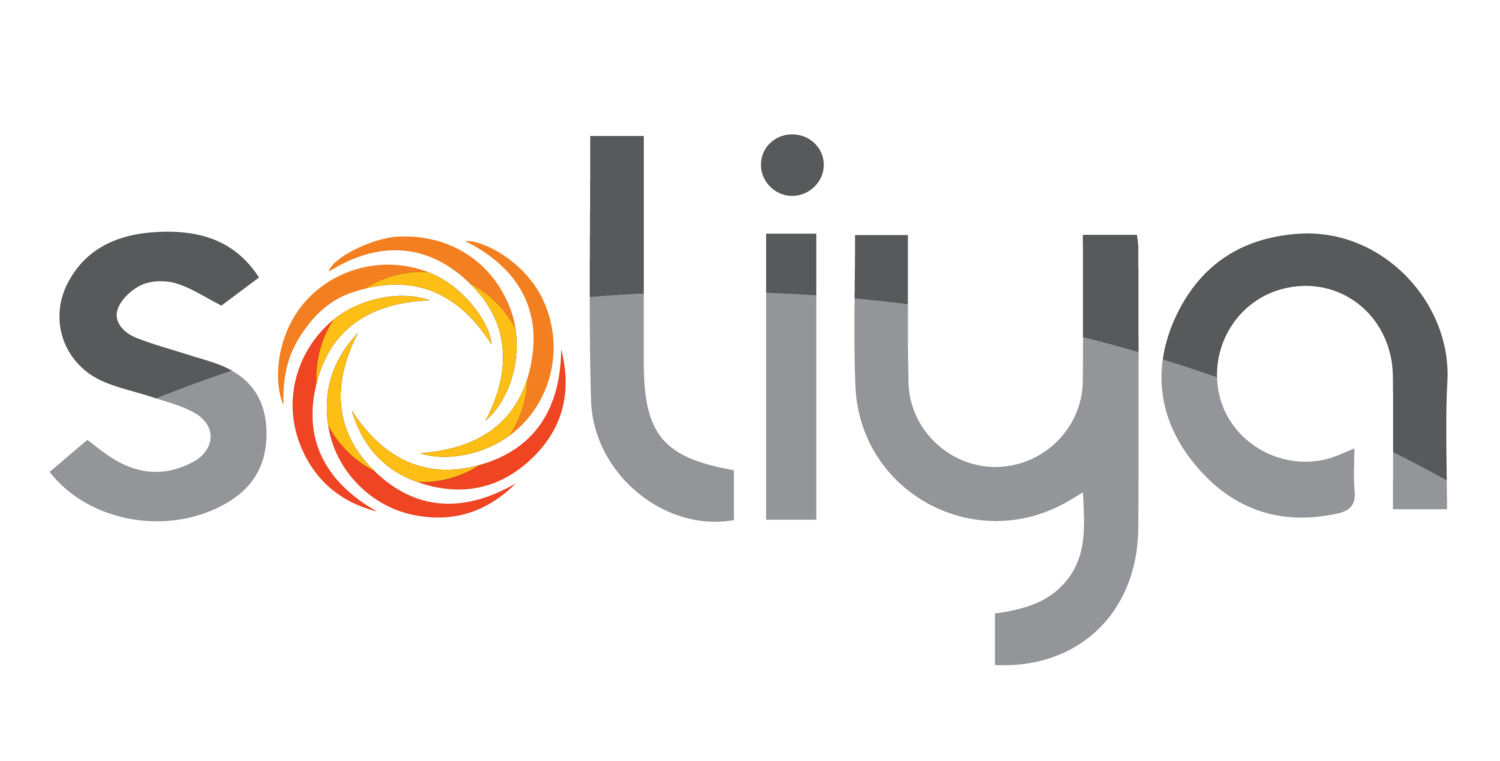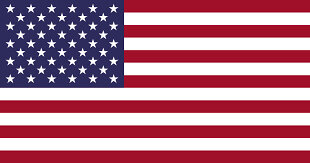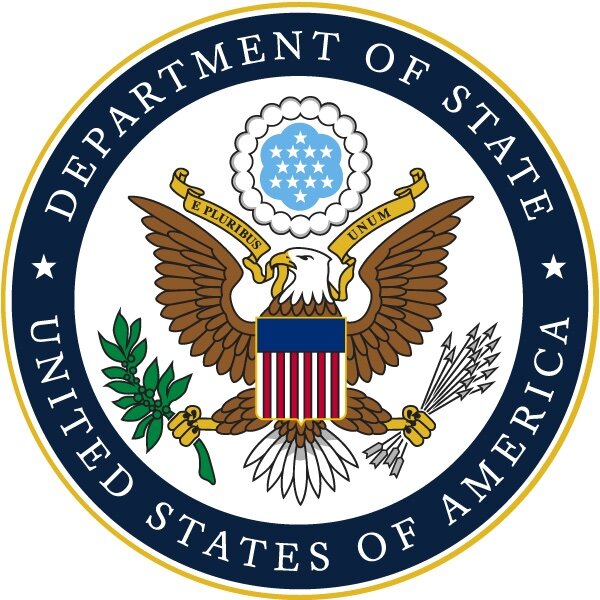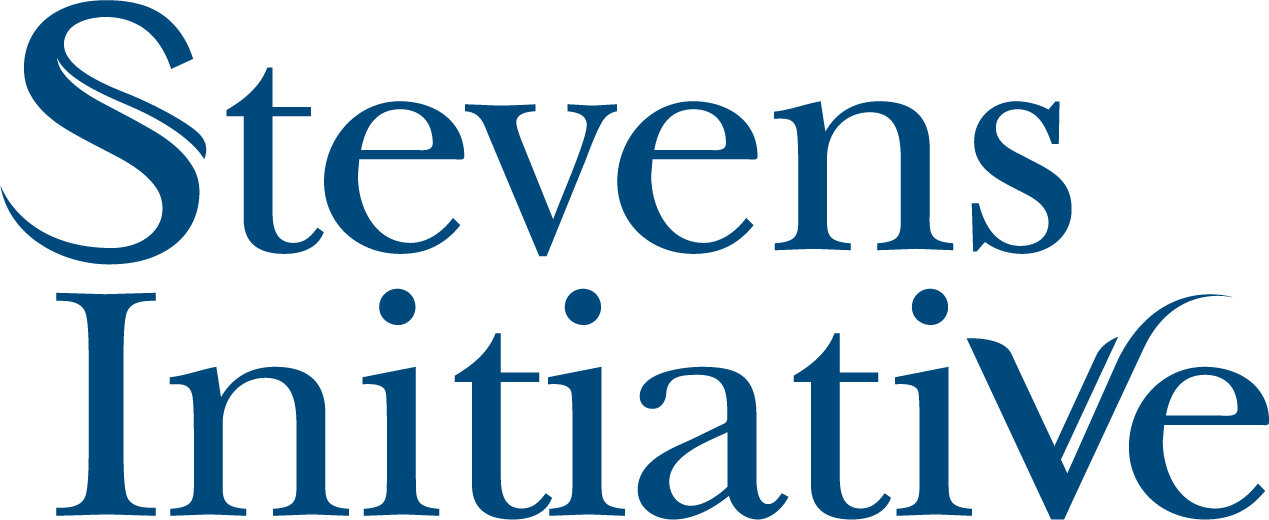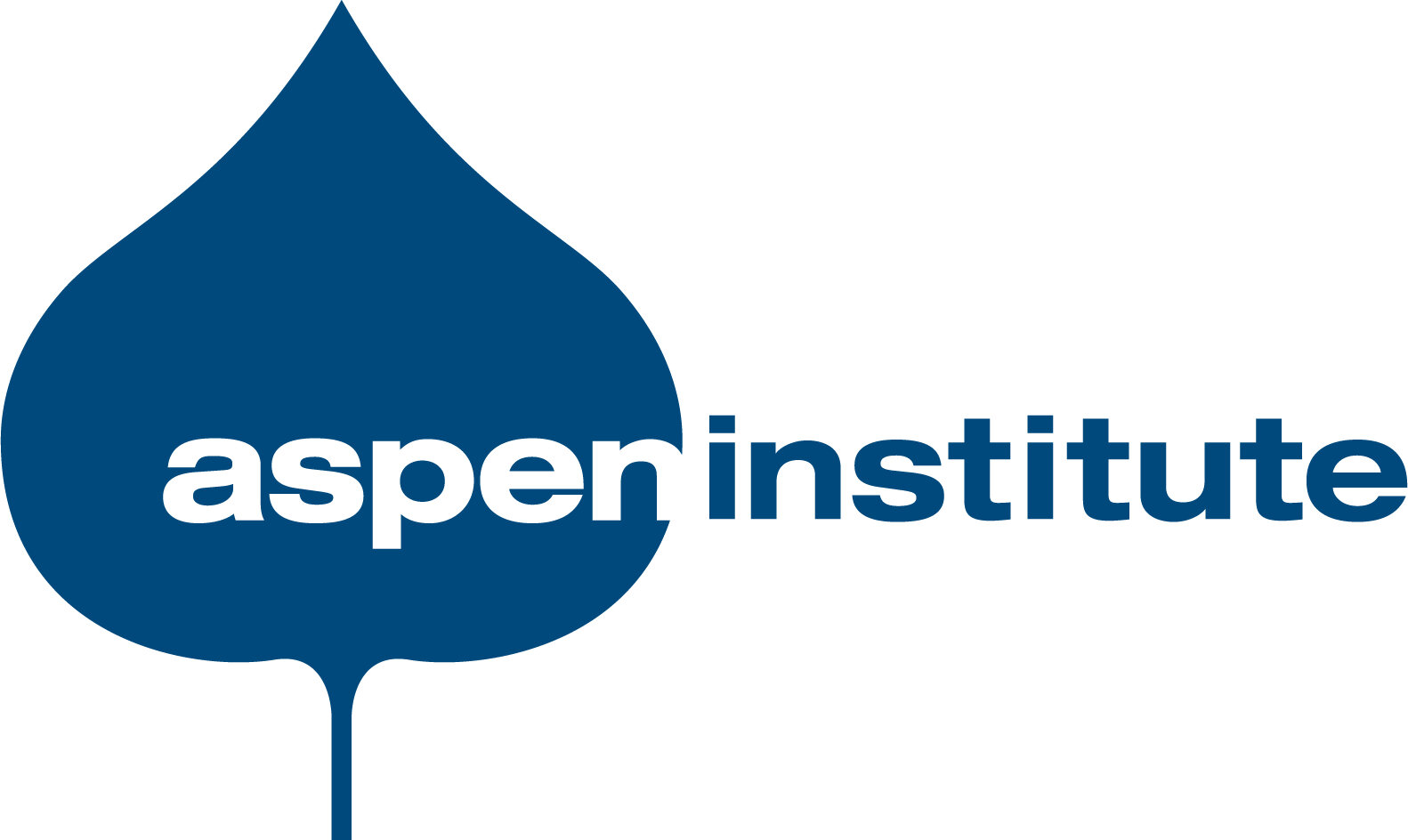Soliya Will Connect Young People Across Regions with Support from the J. Christopher Stevens Virtual Exchange Initiative
Young people in the United States, Middle East, and North Africa will engage with international peers through learning without having to leave their hometowns.
New York, April 25, 2023 — Today, the Stevens Initiative announced Soliya is one of 15 schools, higher education institutions, and nonprofit organizations to receive funding to run virtual exchange programs that connect young people in the United States and the Middle East and North Africa (MENA) region. Soliya receives two grants from the Initiative for its Connect Program and Global Circles.
Soliya’s Connect Program, in partnership with colleges and universities in the United States and in the Middle East and North Africa, brings together students for four-to-eight weeks to discuss potentially divisive current global events and issues in the presence of facilitators trained in dialogue and conflict resolution. Soliya’s Global Circles bring together young adults and professionals for two-week discussions by facilitators trained in dialogue and conflict resolution, with a particular focus on the impact of globalized technologies on society, and is open to direct enrollment.
The Connect Program and Global Circles are implemented by Soliya and are supported by the J. Christopher Stevens Virtual Exchange Initiative (JCSVEI). JCSVEI is a U.S. Department of State’s Bureau of Educational and Cultural Affairs program administered by the Aspen Institute.
Virtual exchange connects young people from diverse places using everyday technology for collaborative learning and interaction through sustained and facilitated engagement. Through virtual exchange programs, young people have access to life-changing opportunities that can shape their trajectories, bring new friends into their lives, and expand their worldviews. Virtual exchange is a vital learning tool with the capacity to connect people around the world on an unprecedented scale without a need for travel.
“At a time when education remains in flux in a post-pandemic world, complex global issues are front of mind, and young people excitedly return to in-person gatherings, virtual exchange continues to be an important learning tool. By fostering unique online spaces for young people to come together over shared challenges and triumphs, virtual exchange moves us toward a more connected and inclusive world. These new grantees play a critical role in making this possible, and participants of this program will undoubtedly approach the future with the belief they can impact their communities and the world around them,” said Christine Shiau, Executive Director of the Stevens Initiative.
Soliya’s Connect Program’s facilitated discussions focus on a wide range of topics, including potentially divisive ones – such as religion, gender, current events, social culture, media, and the environment. Soliya’s Global Circles brings together participants for facilitated discussions on a timely topic to develop greater awareness and common understanding around the challenges and opportunities posed by global technologies and their impact on society. Global Circles is open to direct enrollment, enabling access for participants who may not be affiliated with a formal education institution. Through skill building activities, both program participants build critical 21st century skills and attitudes such as cross–cultural communication, empathy, and critical thinking.
“As the newest technologies are poised to disrupt the future of work and education, the Stevens Initiative’s support to organizations like Soliya is more vital than ever. Our interactions are becoming increasingly ‘computerized’. How will young people continue to find opportunities to relate to each other on a human level? Will our future leaders approach difference with confidence or with fear? How will they work together to address pressing issues arising from the spread of globalized technologies? Will they surprise us with innovative solutions to the world’s interconnected problems like climate change, infectious diseases and inequality? Or will they feel helpless when faced with geopolitical tensions and instability, and find no other way but to resort to confrontation?” asked, Waidehi Gokhale, CEO of Soliya.
“At Soliya, with the use of video technologies, we are able to provide young people with early exposure to difference; allowing for mass but ‘human’ and cross-cultural contact on an individual level, lots of opportunities to practice the kind of skills and attitudes that will help them approach these challenges from a place of awareness and understanding. We are not only building trust at scale, we are also honing their abilities to listen and collaborate which will ensure they are equipped to compete and thrive in the 21st Century workplace. We are grateful to all our partners, facilitators, close and far, to the Stevens Initiative, the Aspen Institute, and the U.S. State Department’s Bureau for Educational and Cultural Affairs, for sharing and supporting our vision.”
The 2023 grantees will reach 20,000 young people across the United States and MENA region. Other grants include:
Amideast’s Qisasna facilitates cross-cultural exchange between young people in the United States and Yemen by providing them with the skills they need to produce podcasts on shared challenges and opportunities between youth.
An-Najah National University’s Climate Futures Exchange is a classroom-based exchange that engages students from An-Najah National University and Arizona State University to discuss a range of climate change issues and strategies to address them when designing and implementing new buildings.
Arizona State University’s Future Educators for Inclusion engages college students from Morocco and the United States through mutual discovery, shared learning, and local action to address the global challenge of disability inclusion as they prepare to become classroom teachers.
Culturingua’s Alliance of Young World Actionists engages young American and Libyan leaders focused on local and global public health challenges and their causes.
Global Ties KC’s FIRST Robotics Virtual Exchange connects participants from Libya, Morocco, and the U.S. through cultural exchange and technical sessions related to STEM and robotics.
iEARN-USA’s Storytelling for Social Change builds global leaders by engaging Algerian, Tunisian, and American youth in global collaboration to tell stories about real world issues in their local communities.
Institute of International Education’s Harnessing Innovation through Virtual Exchange for Enhanced Results develops intercultural communication, problem-solving, and leadership skills among a diverse group of students at participating universities in the United States and Middle East and North Africa.
IREX’s Global Solutions places college students from the United States with peers in Iraq or Jordan in binational teams to collaborate on innovative solutions related to the UN’s Sustainable Development Goals through virtual exchange.
Missouri State University’s Global Teacher Education Exchange brings new and future K-12 educators from Libya, Morocco, and the United States into a vibrant professional learning community where they engage in cross-cultural collaboration and prepare to teach for global understanding.
PATHWAYS Institute for Negotiation Education’s Game Changers: Creative Negotiation Skills builds confidence and skills for creative negotiation, problem-solving, and leadership among university students coming together from Israel and the United States.
Plugged In Band Program’s Peace Tracks is a cross-cultural, music-focused online youth exchange that provides high school students with an unforgettable opportunity to connect with peers in other countries to get to know them, learn about their cultures, and collaborate over the course of a semester on an original song.
Smithsonian Science Education Center’s Smithsonian Youth STEM Exchange brings together young people in Iraq and Michigan, United States, to discover, understand, and find solutions to sustainability issues in their local and global communities.
Texas International Education Consortium’s Business & Entrepreneurship Virtual Exchange connects faculty from universities in Iraq and Texas, U.S., through virtual exchange, preparing them to implement project-based virtual exchanges on a variety of business and entrepreneurship topics in their courses that will develop key academic skills and cultural competencies.
World Learning’s The Experiment Digital Leadership in STEM equips high school-aged youth to leverage their interests and skills in STEM to achieve personal and professional goals while giving back to their community.
The Stevens Initiative is an international leader in virtual exchange, which brings young people from diverse places together to collaborate and connect through everyday technology. Created in 2015 as a lasting tribute to Ambassador J. Christopher Stevens, the Initiative invests in virtual exchange programs; shares research, resources, and promising practices to improve impact; and advocates for broader adoption.
Soliya is an international not for profit organization and a pioneering virtual exchange provider. Soliya combines the power of interactive technology with science of dialogue to offer proven cross-cultural exchange and learning opportunities.
More Information
The U.S. Department of State’s Bureau of Educational and Cultural Affairs (ECA) builds relations between the people of the United States and the people of other countries through academic, cultural, sports, professional and private exchanges, as well as public-private partnerships and mentoring programs. These exchange programs improve foreign relations and strengthen the national security of the United States, support U.S. international leadership, and provide a broad range of domestic benefits by helping break down barriers that often divide us. Visit eca.state.gov.
The Aspen Institute is a global nonprofit organization committed to realizing a free, just, and equitable society. Founded in 1949, the Institute drives change through dialogue, leadership, and action to help solve the most important challenges facing the United States and the world. Headquartered in Washington, DC, the Institute has a campus in Aspen, Colorado, and an international network of partners. For more information, visit www.aspeninstitute.org.
